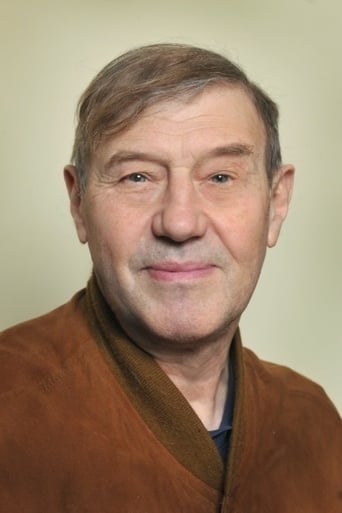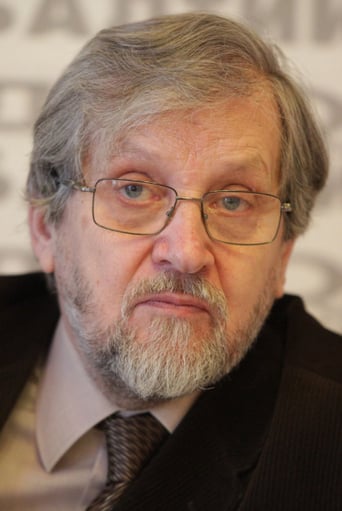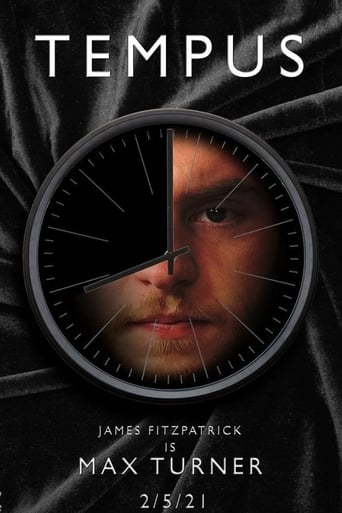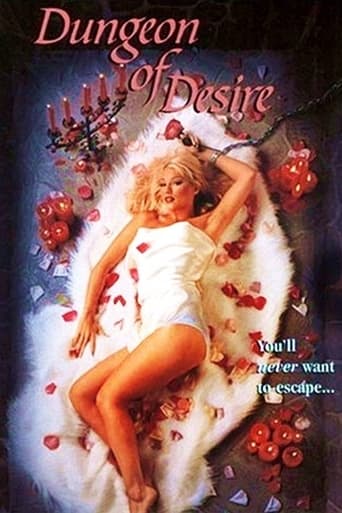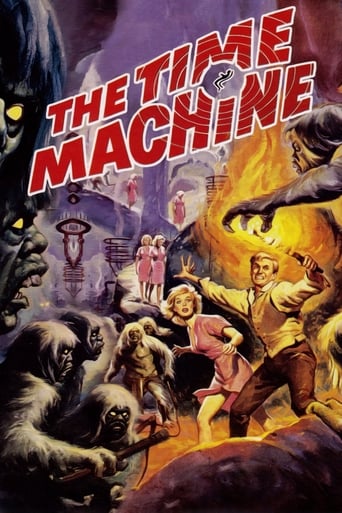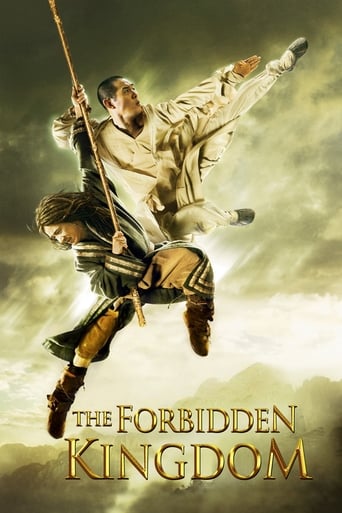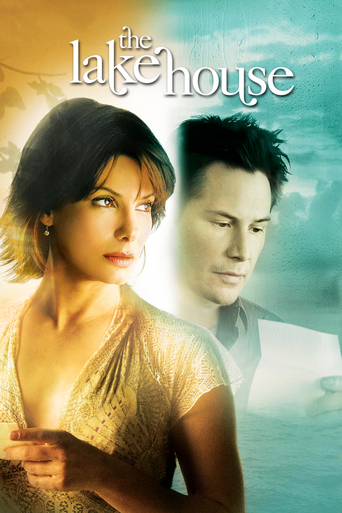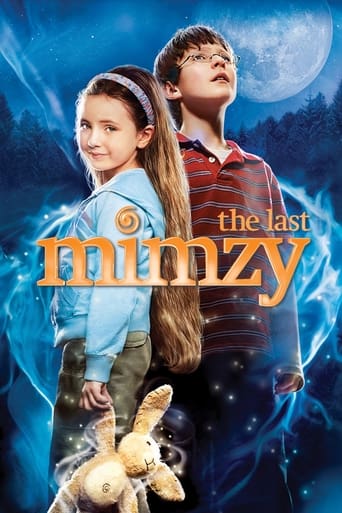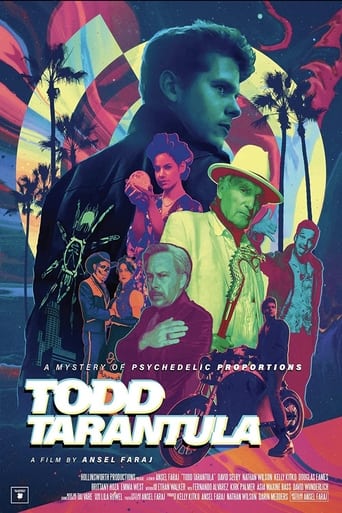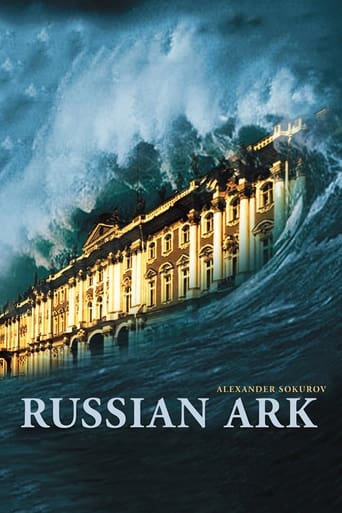
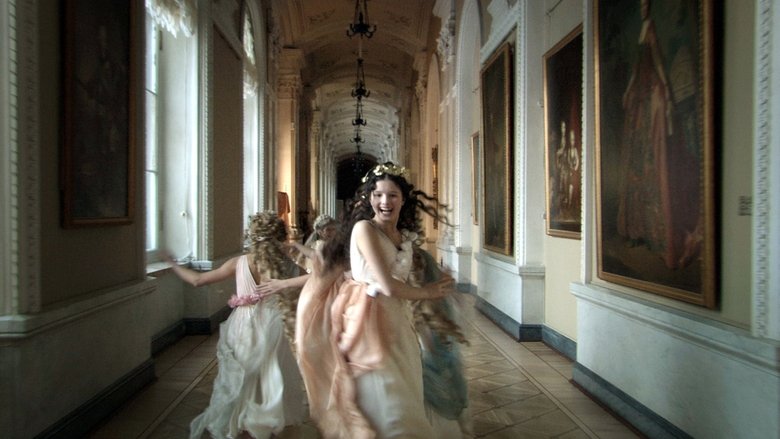
Russian Ark (2002)
A ghost and a French marquis wander through the Winter Palace in St Petersburg, encountering scenes from many different periods of its history.
Watch Trailer
Cast
Similar titles
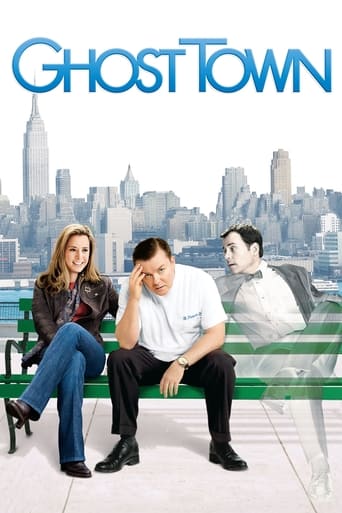
Reviews
Although it has its amusing moments, in eneral the plot does not convince.
Instead, you get a movie that's enjoyable enough, but leaves you feeling like it could have been much, much more.
It was OK. I don't see why everyone loves it so much. It wasn't very smart or deep or well-directed.
an ambitious but ultimately ineffective debut endeavor.
As a piece of art I'd give it a 9, as entertainment I'd give it a 7. This is a slow-moving piece that is composed of one very long shot. Watching it you'll mostly ponder how they coordinated so many scenes in so many rooms - which take place across multiple time periods - and performed it so seamlessly without any cuts. At its worse it can be a bit boring, but at its best its positively dream-like and provides a visceral experience rarely felt in film. It's certainly one I won't forget.It's one long dreamy walk through the Saint Petersburg palace across different time periods. You'll either learn something about Russian history, or you'll learn the beauty of Russian stubbornness.
Aleksandr Sokurov's "Russkiy kovcheg" ("Russian Ark" in English) is not like anything that you've seen. Consisting of one continuous shot, it focuses on Russia's history from Peter the Great to the period right before the revolution. The grand ball towards the end is probably the most famous scene, but I found the most interesting scene to be the one where the Shah's representatives apologize for the death of Aleksandr Griboyedov. This glimpse into the czar's foreign relations - in this case those with Persia - are but a thread in the fabric of this mystifying piece of work.It's not a great movie. It seems overwrought at times, and it would've been interesting to see them continue up to the present (the only clue is something about the siege of Leningrad). But even so, this is an impressive movie. I recommend at least trying it.
(Please excuse my poor English) There is no way to deny the presence of montage in Russian Ark. Even though the film is a single long take, and the editing afterwards does not change the film narrative, there is a structure in the film that would not be capable of becoming solid without the concept of montage that we know thanks to Eisenstein. On the book The Making Of Film Sense, by Eisenstein, he explains the montage of a film, and discusses how the montage is about a lot of things, not just the editing after the shooting. Eisenstein explains how the structure of the film is constructed like a music in an orchestral score. This score has its vertical structure and its horizontal structure. The horizontal structure is where the music is developed, but the vertical structure provides a interlink between the horizontals structures, making a complex and harmonic music movement. If you add visual images in the horizontal structure you have the same effect as in music, where the parts are conducted by the vertical structured that links all the horizontal images and sounds, creating a sequence in a movie. These structures are made for the spectator to understand the information that the film is trying to pass, by developing a subject (horizontal) and connecting its parts with each other (vertical). Eisenstein discusses about what guides the spectator through these structures, and make clear that the montage is not only about the EDITING process, but is also how the author (director, screenwriter) creates emotions, giving to the spectator information like the smells, the light, colors, etc. These information will create a sense in the spectator about the movie and will guide him through it. The montage is also in the process of making the "mise en scene", not only editing the film afterwards. So for sure Russian Ark is a movie Eisenstein-like. :)
Sokurov's Russian Ark is a magnificent exhibition of pre-Soviet Russian high-culture, presented in a wandering and dreamlike single shot from a first-person point of view. The underlying plot is mysterious – two ghostlike figures, a 20th century Russian, and a 19th century European of Dickensian appearance – roam between rooms in the Winter palace, viewing and sometimes participating in a variety of historical events. Sokurov drifts between exhibit, theater, and reality as easily as between eras of Russian history. Actors sometimes portray actors and sometimes portray historical figures, and the aloof European companion treats the historical events the two men visit with the same academic reverence with which he treats museum exhibits. With hundreds of actors in magnificent period clothing, historical events reenacted, and stunning works of art and architecture admired and discussed, the film is a moving work of art that manages to appreciate and interpret itself. The strange European companion, who mocks and chastises Russia for its tyranny, its obstinacy, and its adoption of European culture, nonetheless revels in the aristocratic opulence of the Winter Palace and the grandeur of the historical events they attend, sometimes with religious awe, sometimes with childlike playfulness. The quiet Russian narrator is generally defensive, quietly prideful of Russia's past and persistence, but humble regarding its challenges. Always, the division between Russia and Europe is insisted, although the interchangeability of the two cultures pre-revolution is obvious. There is hidden in this film a thesis of some sort, that when Russia left the Tsar it also left Europe. In one scene, Stalinist-era museum curators worry about the state's neglect of the Winter Palace and Russian history, saying "It will be their doom if the tree falls, there will be nothing left." Sokurov seems to argue that despite the detached opulence of the past, the accomplishments of the Imperial era are of undeniable importance to the survival of Russian culture. The uncertainty of the Nation's future is an obvious concern; when the narrator is asked whether Russia is a republic in the post-Soviet era, he responds with "I don't know." In the final scene, the narrator leaves a magnificently extravagant Imperial ball, saying "Farewell, Europe," to his companion, and stepping out into a stormy and misty sea. Russian Ark is beautiful, illogical, sometimes creepy and sometimes playful, and can be viewed as both a historical exhibit and a commentary on the past and future of Russian culture.
